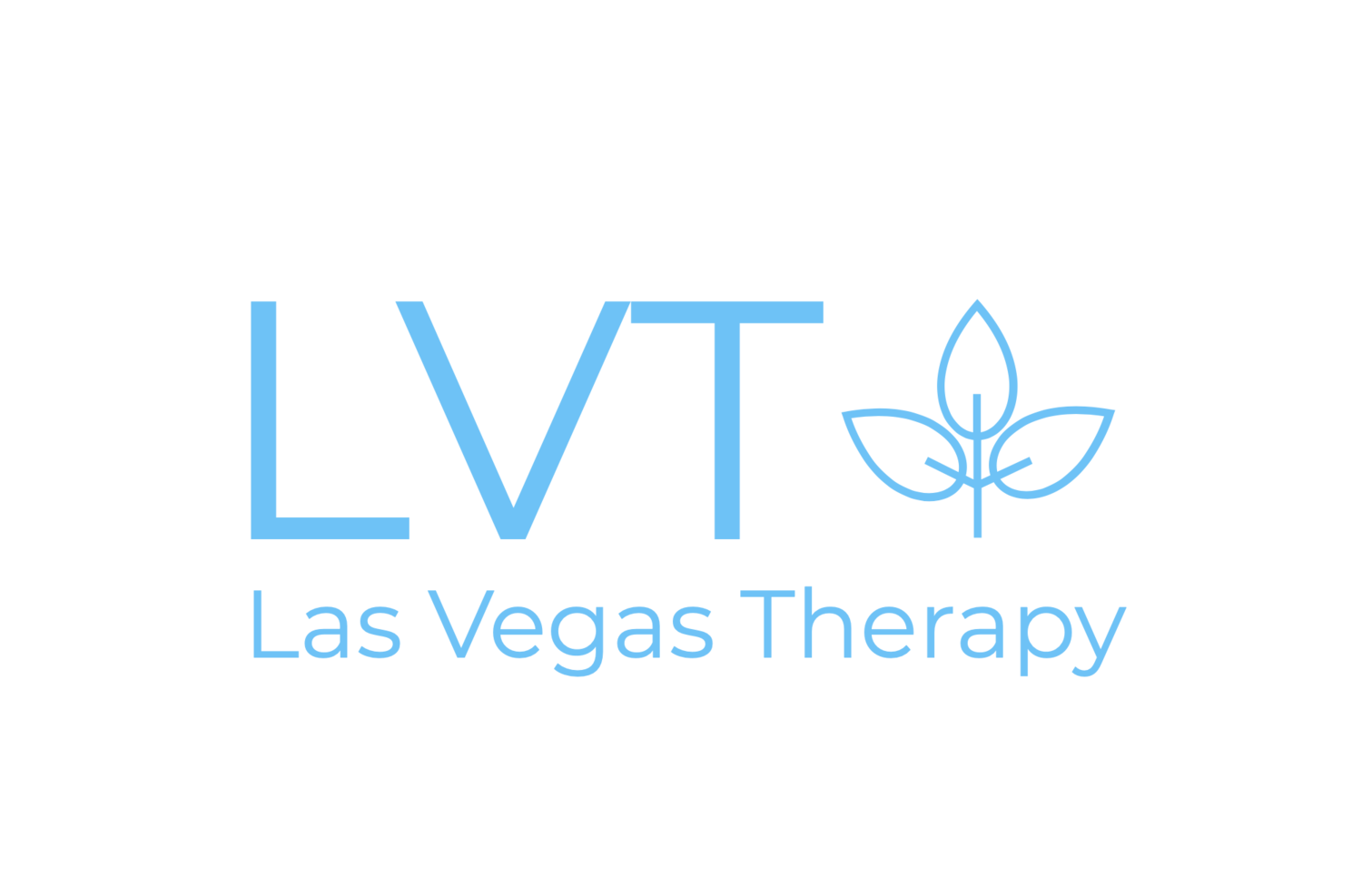Trauma can profoundly disrupt an individual's world, leaving scars that extend beyond the physical to the deeply emotional and psychological. In the aftermath of traumatic events, the journey to healing is often arduous and complex, intertwined with challenges that can seem insurmountable when faced alone. It is within this context that social support emerges as a critical beacon of hope, offering a foundation upon which individuals can rebuild and recover. This blog post explores the transformative power of social support in trauma recovery, highlighting the roles that community, relationships, and empathetic connections play in fostering resilience and promoting healing. At Las Vegas Therapy (www.lvtmentalhealth.com), we recognize the invaluable role of social support systems and are committed to nurturing these networks as part of our holistic approach to trauma recovery.
Understanding the Role of Social Support
Social support encompasses a range of interactions and relationships that provide individuals with emotional sustenance, practical assistance, and a sense of belonging and being understood. In the context of trauma recovery, social support can manifest in various forms, from the empathetic ear of a friend to the structured assistance of support groups and mental health professionals.
Emotional Support: A Pillar of Healing
The emotional aftermath of trauma can leave individuals feeling isolated, misunderstood, and engulfed in feelings of shame and vulnerability. Emotional support from friends, family, and support groups offers a safe space where survivors can express their feelings and experiences without fear of judgment, helping to alleviate the sense of isolation and fostering a sense of shared humanity.
Practical Support: Navigating Life After Trauma
Trauma can disrupt the practical aspects of daily life, making even routine tasks daunting. Practical support from one's social network, whether in the form of financial assistance, help with daily chores, or guidance in navigating medical and legal systems, can relieve the stress of these logistical challenges, allowing the individual to focus on their emotional and psychological healing.
Community Connections: Rebuilding a Sense of Belonging
Trauma can erode an individual's sense of belonging, making the world seem hostile and uncaring. Reconnecting with community, whether through local groups, faith-based organizations, or volunteer work, can help restore this sense of belonging and purpose, reinforcing the individual's place in a larger social fabric.
The Therapeutic Relationship: Professional Support as Social Support
The relationship between a trauma survivor and their therapist is a unique form of social support, characterized by professional boundaries and focused on healing. This therapeutic alliance offers a consistent, reliable source of understanding and guidance, tailored to the individual's specific needs and experiences.
Challenges and Considerations
While social support is undeniably beneficial, navigating these relationships post-trauma can be complex. Survivors may encounter well-intentioned but misguided attempts to help, or may struggle with trust and vulnerability. It's important for both survivors and their support networks to approach these relationships with patience, openness, and a commitment to learning and growth.
The impact of social support in trauma recovery cannot be overstated. It is a vital component of the healing process, offering emotional comfort, practical assistance, and a reaffirmation of one's place within the tapestry of human connections. At Las Vegas Therapy, we are dedicated to fostering strong support systems for individuals recovering from trauma, recognizing that healing is not just an individual journey, but a communal one. If you or someone you know is navigating the path to recovery from trauma, visit www.lvtmentalhealth.com to learn more about how we can support this journey. Together, we can traverse the challenging terrain of trauma recovery, guided by the light of social support and the enduring strength of human connection.

